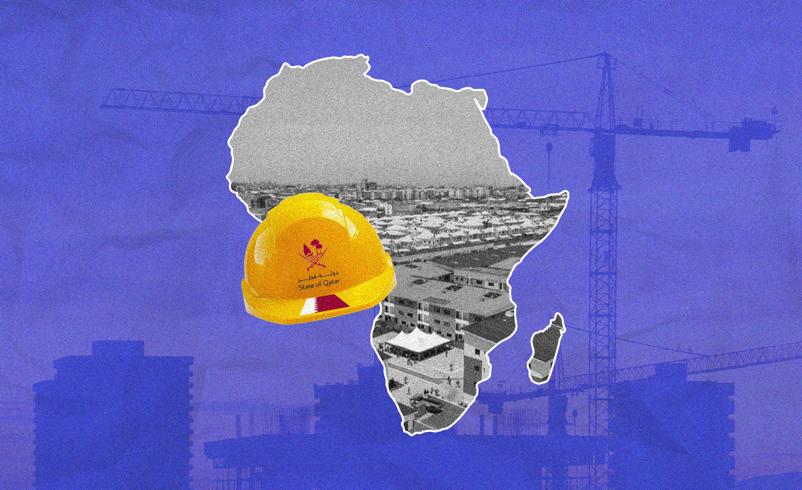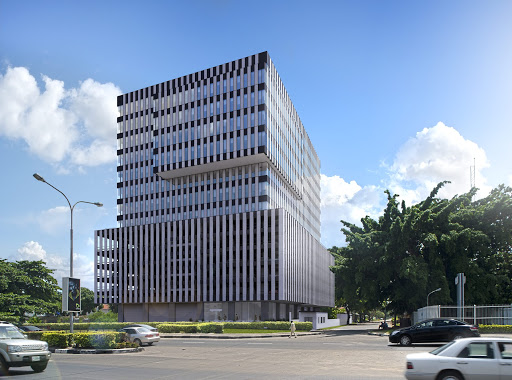2017 African Hotel Valuation Index
Research . 6 years ago
Abidjan
Addis Ababa
africa
Hotel Valuation Index
HVS
lagos
Maputo
Mauritius
Seychelles
Sharm-el-Sheikh

Share this post
Subscribe to our newsletter
HVS, a global hospitality consulting and services firm, launched the fourth edition of its African Hotel Valuation Index (HVI) during the recent THINC Africa event. The HVI is key in assisting investors in making investment decisions and promoting hotel development in Africa. In the HVI report, HVS acknowledges Africa's bad reputation, citing the insecurity, poverty, health crises, challenges…
HVS, a global hospitality consulting and services firm, launched the fourth edition of its African Hotel Valuation Index (HVI) during the recent THINC Africa event. The HVI is key in assisting investors in making investment decisions and promoting hotel development in Africa.
In the HVI report, HVS acknowledges Africa’s bad reputation, citing the insecurity, poverty, health crises, challenges in air accessibility, and so on, as the main sources of negative indicators. The report also stresses that the perception of these challenges can be mitigated with good marketing centered around “Brand Africa”, and highlights some of the economic advantages obtainable on the continent, including “rich natural resources, strong cultures, untouched landscapes, and attractive business opportunities.” Adding that some countries have begun to actively tap into the tourism potentials inherent in their countries , for instance, the Ethiopian, Togolese, and Mozambican governments actively investing in tourism to promote to international tourists.
Major global hotel brands and operators also recognize the potential in these markets, and are viewing many African markets with a long-term perspective.
In the 2015 HVI, 10 of 21 markets were growing positively, and by 2016 (even after feeling the impact of low oil prices and economic downgrades in South Africa) this increased to 14 markets on the rise – while other markets experienced impressive recovery.
“The time of unrealistic economic forecast and biased excitement is over.”
Despite the slow or negative growth experienced in Africa, the outlook remains positive and resilient. The slow, steady but realistic growth is better for long term investment. Even with the more conservative GDP growth projected for Africa as a whole, it is still higher than what is projected for many global economies.
Some of the highlighted markets in the report include Abidjan, which has seen increased interest from international and regional investors – due to the country’s recovery after a period of political conflict. Cote d’Ivoire achieved GDP growth of 8.4% in 2016, and was a bright spot of economic performance in the Western African region last year. The average occupancy rate achieved was 76.1%, largely from business visits to the country, and hotel values increased by 0.8%. Addis Ababa, long regarded as “one of the most stable economies and safest destinations in Africa” saw a tough 2016, with hotel values in the country reducing by 15.9%. The report notes that business travel likely reduced, in the short term, as a result of social unrest and the government’s slow response. However, the long term outlook looks positive for Ethiopia – major infrastructure investments in water, road, and telecommunications have contributed to the 7% economic growth achieved in 2016. Lagos experienced reduced hotel performance in 2016 – average occupancy fell by 3.4% and average room rate fell by 5.1% – no doubt as a result of the recession in the country, which reduced corporate travel significantly. Its 2016 hotel values decreased by 10.1% in 2016, and it is important to note that hotel values in Lagos State have seen a steady decline since 2013, and compound average growth rate from 2012 to 2016 is -10.3%. Lagos State, however, still remains “the 7th largest economy in Africa” and has a robust hotel pipeline.
Maputo was the star market on the index with a 2016 increase in hotel values of 133.5%, after negative growth of -20.1% experienced in 2015. Mauritius and Seychelles have also seen steady growth in hotel values, in the past two years, with 39.1% and 14.8% respectively – far above the African average of 1.1%. The largest decrease on the index was in Sharm-el-Sheikh, which continues to face challenges due to the country’s political uncertainty and terrorist attacks in the destination.
“Brand Africa”
The HVI report highlights the increased interest in developing African destinations beyond business tourism and safaris. New tourists markets (sporting, movies, cultural) are opening up and to effectively attract international, regional and even domestic demand, African countries are addressing, and should continue to address the security, currency, connectivity and infrastructure challenges.
Related News
You will find these interesting

Linah Amondi . 7 months ago
affordable housing
africa

Dapo Runsewe . 1 year ago
lagos
lekki phase 1

Dapo Runsewe . 1 year ago
actis
ikoyi